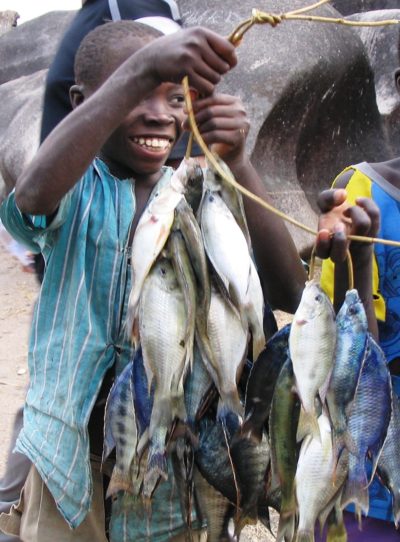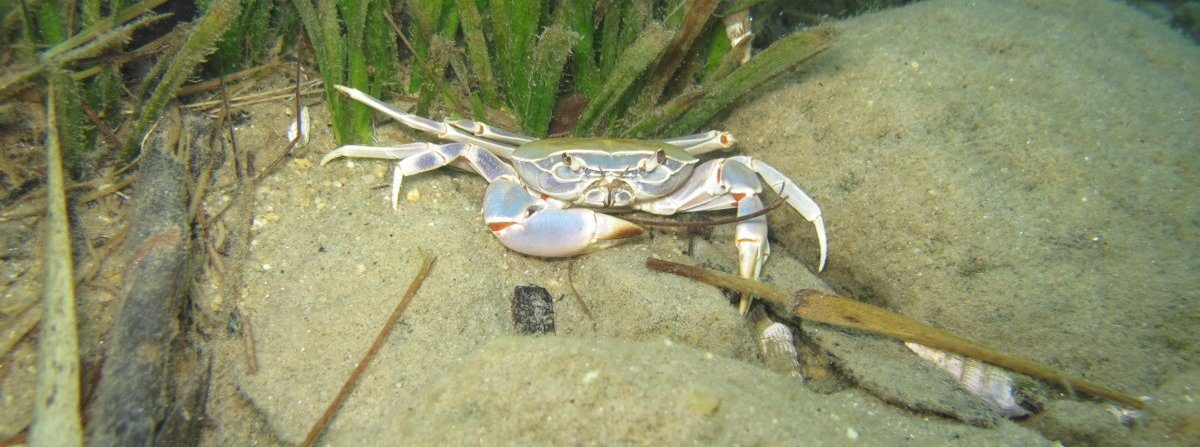SEATTLE, Washington – February 15, 2017– JRS Biodiversity Foundation proudly announces a grant of $252,000 to the International Union for the Conservation of Nature (IUCN) that will enhance the access to biodiversity knowledge of Lake Malawi (also known as Lake Nyasa in Tanzania and Lago Niassa in Mozambique), one of the richest freshwater ecosystems on the planet.
The East African Great Lakes – Victoria, Tanganyika and Malawi/Nyassa – comprise a biodiversity hotspot of tremendous value to the local economy and to the planet. The lakes are among the largest in the world, and their isolation over millennia has allowed dramatic diversification of freshwater fishes; 10% of the world’s freshwater fishes are found in these lakes, including roughly 1,500 species of cichlid alone, many found nowhere else on earth.

Yet, in freshwater systems of Africa, biodiversity is declining precipitously – faster than on land, or in the oceans. Lakes and rivers are disproportionately impacted by accelerating development, which suffers from a lack of accessible information on biodiversity to guide planning and decision-making.
In response to this need, the IUCN Freshwater Biodiversity Unit (FBU) has developed a project that will greatly expand the accessibility and utility of biodiversity information on Lake Malawi. A team led by Dr. William Darwall, Head of the FBU, will conduct assessments and update published information on which species are found where, which species are threatened, and what areas are in need of protection. This new information for Lake Malawi will be combined with similar information from two related projects in Lake Victoria (IUCN project funded by the MacArthur Foundation) and Lake Tanganyika (The Nature Conservancy project funded by the Barr Foundation) to provide the most comprehensive information base on freshwater species status, distributions, and important biodiversity sites for these three lakes and their catchments.
This grant is part of JRS’ new program on Freshwater Biodiversity and Resources which funds projects that build partnerships between knowledge providers and users. The IUCN will also devote a portion of the project specifically to training targeted end users, such as NGO’s, government and private sector decision makers, in how to access and make the most of the newly-available information. Such capacity-development meets the strong need for locally-driven conservation of critical resources.
See “Biodiversity Information for the Lake Malawi Catchment Eastern Africa: Data for Decision-Makers”
About the JRS Biodiversity Foundation – The mission of the JRS Biodiversity Foundation is to increase access to and use of information that will lead to greater biodiversity conservation and more sustainable development in sub-Saharan Africa. Founded in 2004, the JRS Biodiversity Foundation works to increase the capacity of the institutions and people who collect, manage, and disseminate biodiversity data and information in sub-Saharan Africa, and to connect this knowledge to stakeholders who make and influence decisions that are crucial to supporting biodiversity. The foundation has awarded more than $13.5M in grants since 2007. Visit us online at http://www.jrsbiodiversity.org
About IUCN – The International Union for Conservation of Nature (IUCN) is a membership Union, created in 1948, that is composed of both government and civil society organizations. It provides public, private and non-governmental organizations with the knowledge and tools that enable human progress, economic development and nature conservation to take place together. The Freshwater Biodiversity Unit (FBU) is part of IUCN’s Global Species Program, and works in a number of areas to provide the information to support decisions for the protection of wetland species and livelihoods. Visit online at http://www.iucn.org
Click here to download this announcement.
JRS Contact: Don S. Doering, Executive Director, ddoering@jrsbiodiversity.org
IUNC Contact: Will Darwall, Head, IUCN Freshwater Biodiversity Unit, william.darwall@iucn.org
# # #

